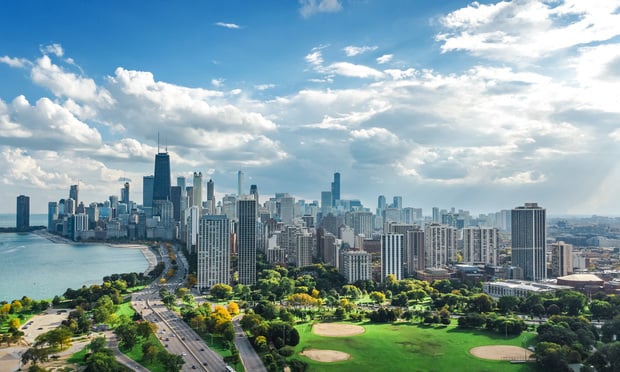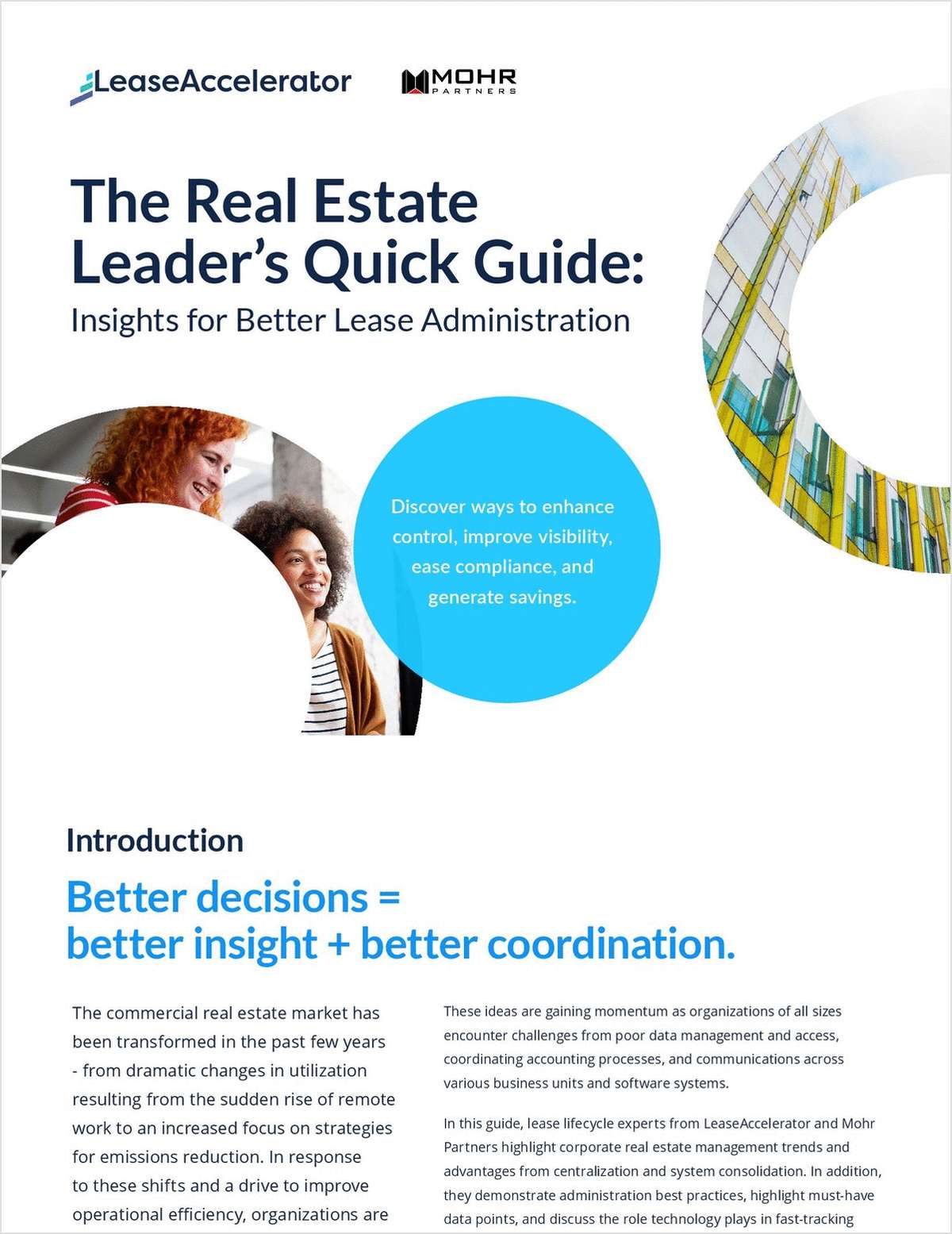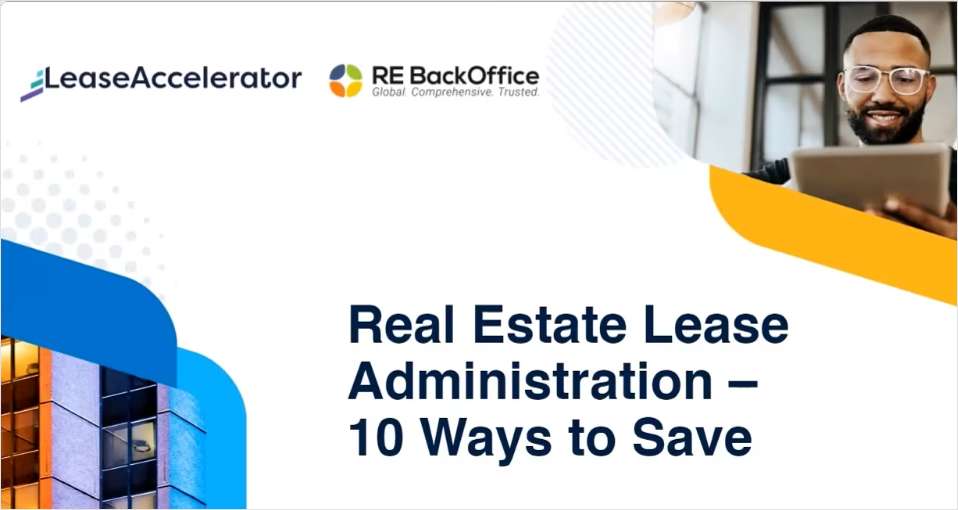COLUMBUS—Urban waterways in the US were once used primarily by heavy industry to help transport raw materials or as a place to dump wastewater. But most heavy industry has left the nation's urban cores, and modern planners have started to recognize that a clean, natural waterway can bring a measure of beauty and grace to a cityscape. As a result, instead nurturing factories or other industrial operations, urban rivers and lakes are now used to attract multifamily developments, new retail, and upscale office spaces.
Columbus was never a center of heavy industry, but it has become the latest American city to reconstruct a waterway in order to foster a downtown renaissance. In the 1920's, the city built the Main Street Dam across its Scioto River in the belief that as a major-league city, Columbus “should have a major-league river,” Guy Worley, president and chief executive officer of the Columbus Downtown Development Corp., tells GlobeSt.com. Although the river did indeed widen from 300 feet to 600 feet, the plan misfired as the waterway changed into a “sedimentation pond. It wasn't flowing and it wasn't clean.”
But in 2013 and 2014, the CDDC coordinated the removal of the Main Street Dam to restore the river's natural flow. The move narrowed the river back to about 300 feet and opened up about 33 acres of additional green space. Called Scioto Greenways, it has given the city the opportunity to create new downtown parkland and recreation options. As reported in GlobeSt.com, the downtown office market has been showing increased strength, and the CDDC expects the new parkland will accelerate that growth and attract even more residents to an already-burgeoning multifamily sector.
Continue Reading for Free
Register and gain access to:
- Breaking commercial real estate news and analysis, on-site and via our newsletters and custom alerts
- Educational webcasts, white papers, and ebooks from industry thought leaders
- Critical coverage of the property casualty insurance and financial advisory markets on our other ALM sites, PropertyCasualty360 and ThinkAdvisor
Already have an account? Sign In Now
© 2024 ALM Global, LLC, All Rights Reserved. Request academic re-use from www.copyright.com. All other uses, submit a request to [email protected]. For more information visit Asset & Logo Licensing.








